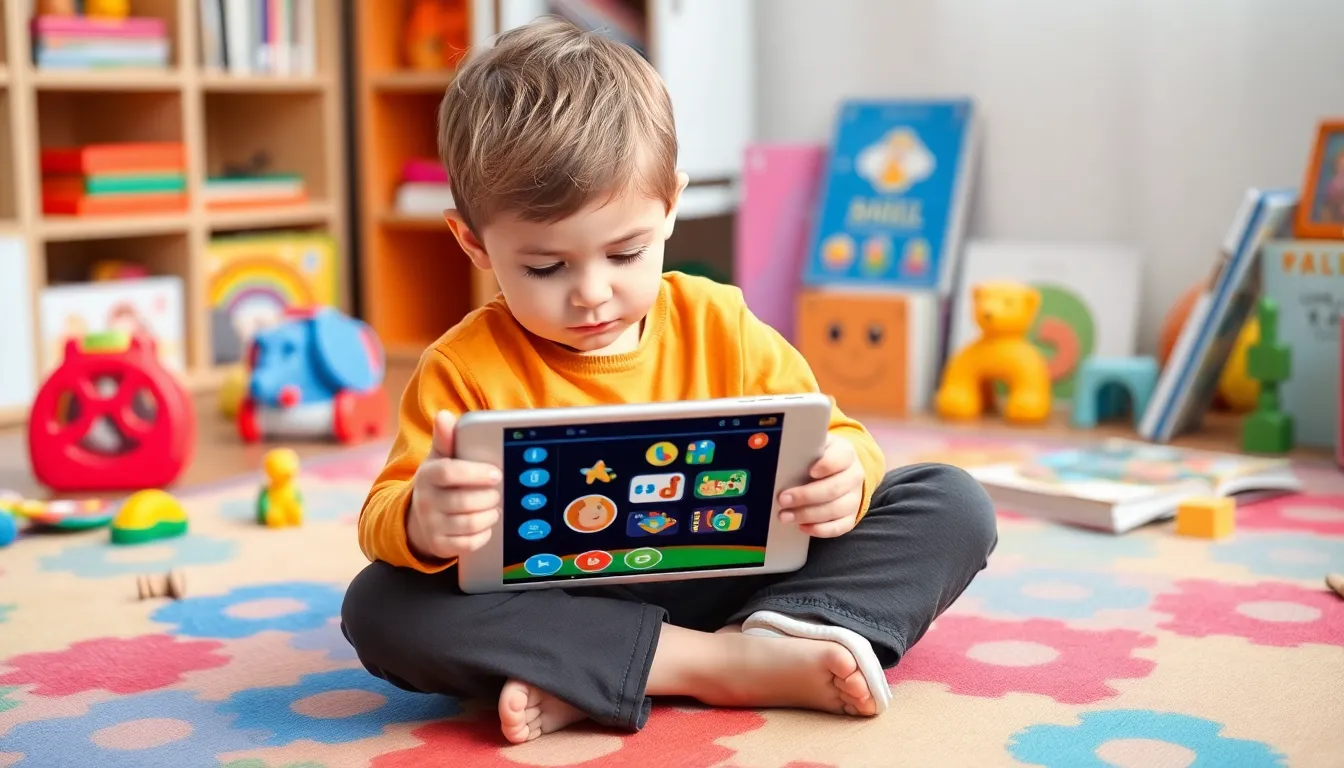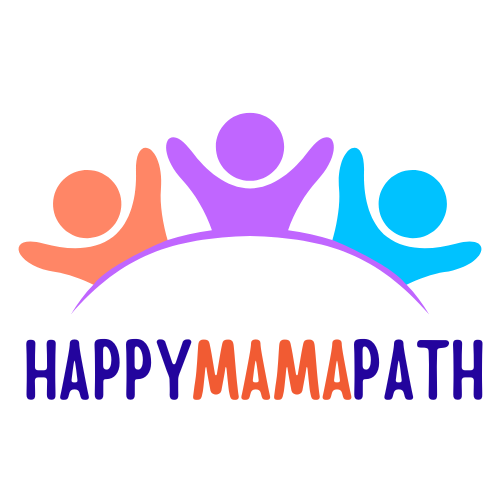In a world where toddlers seem to master smartphones faster than their parents, early learning apps have become the new playground for young minds. These digital tools aren’t just flashy distractions; they’re designed to spark curiosity and build essential skills while keeping kids entertained. Imagine your little one learning their ABCs or counting to ten—all while giggling at animated characters and colorful games.
Table of Contents
ToggleOverview of Early Learning Apps
Early learning apps serve as a valuable resource for preschool-age children. These applications incorporate engaging methods to teach foundational concepts like numbers, letters, and shapes. Developers design these platforms with colorful graphics, interactive content, and sound effects to capture young learners’ attention.
Benefits of early learning apps include promoting independent learning. Children explore various subjects at their own pace. Skill-building occurs through games and activities tailored for their developmental stage. Furthermore, children often engage in cooperative play by sharing devices with siblings and peers.
An array of options exists in the market. Some apps focus on mathematics, while others prioritize literacy or science. Parents can find resources aligning with their child’s interests, allowing a personalized learning experience. Notably, many apps offer progress tracking, enabling parents to understand their child’s growth.
Educational institutions also recognize the importance of these digital tools. Teachers sometimes integrate early learning apps into their curricula, complementing traditional teaching methods. By doing so, they reinforce classroom concepts in a fun environment. Research indicates that children who use educational apps often show improved learning outcomes compared to those who do not.
Early learning apps deliver an innovative approach to education. These apps not only entertain but also support critical skill development in young children. They create a bridge between play and learning, setting the foundation for future academic success.
Benefits of Early Learning Apps

Early learning apps offer various advantages that support a child’s educational journey. They enhance engagement, promote independent exploration, and facilitate learning through play.
Enhanced Learning Experience
Children benefit from an engaging and interactive learning environment. Multimedia elements like animations and games capture their attention. Learning through these apps develops critical skills such as problem-solving and creativity. Additionally, personalized feedback helps children understand their progress and areas for improvement. Evidence indicates that children using educational apps demonstrate greater retention of knowledge when compared to traditional methods. These tools support diverse learning styles, ensuring that each child can thrive.
Accessibility and Convenience
Early learning apps provide accessible learning opportunities anytime and anywhere. Parents can easily download apps on smartphones and tablets, allowing children to learn at their convenience. Many apps cater to different age groups, making it simple to find suitable content. Because these apps are user-friendly, children can navigate them with minimal assistance. They encourage self-directed learning, empowering kids to take charge of their education. This level of accessibility supports busy families, ensuring that every child can engage in productive learning experiences.
Popular Early Learning Apps
Several early learning apps stand out in the market, enhancing children’s educational experiences through engaging content and unique features.
App A: Features and Benefits
App A captivates kids with vibrant animations and interactive games. It focuses on foundational skills like counting and letter recognition. Bright visuals and fun characters keep children motivated and encouraged. Parents appreciate features such as progress tracking and personalized learning paths. Designed for busy families, it’s accessible on multiple devices, enabling children to learn anytime. Research shows children using this app often achieve better learning outcomes compared to traditional methods. The blend of entertainment and education nurtures curiosity while building essential skills.
App B: Features and Benefits
App B provides a diverse range of activities that blend learning with play. Math, literacy, and science concepts become engaging through interactive lessons and challenges. Its adaptive learning technology tailors content to meet each child’s needs. Children enjoy rewards and achievements, enhancing motivation and mastery. Parents value the ability to monitor progress through easy-to-access reports. This app supports independent exploration while fostering collaboration with peers. Combining fun and learning, it creates a well-rounded educational experience for preschoolers.
App C: Features and Benefits
App C specializes in creative problem-solving and critical thinking through engaging puzzles and challenges. A rich library of diverse topics caters to various interests, ensuring every child finds something appealing. The intuitive interface encourages self-directed learning as children navigate at their own pace. Notably, parents can customize content based on their child’s progress and preferences. This adaptability fosters a love for learning while developing essential cognitive skills. Evidence suggests kids using App C show significant growth in both confidence and competency. The overall experience promotes meaningful learning opportunities through exploration and discovery.
Considerations When Choosing Early Learning Apps
Selecting the right early learning app involves several critical factors to ensure a beneficial experience for young learners.
Age Appropriateness
Age appropriateness ranks high on the list. Apps designed for specific age groups engage children effectively, addressing their developmental needs. For toddlers, apps featuring simple interfaces and bright visuals capture attention. Preschool-age children benefit from interactive features that promote exploration. Developers often indicate the suitable age range within app descriptions. Selecting an app that aligns with a child’s developmental stage ensures content remains relevant and enjoyable. Additionally, age-appropriate apps prevent frustration, allowing for a positive learning environment.
Content Quality
Content quality influences learning outcomes significantly. High-quality apps offer educational value through well-researched materials. Engaging visuals and interactive elements enhance learning experiences, making complex concepts accessible. Parents should look for apps that incorporate well-rounded subjects, such as literacy and mathematics. Interactive storytelling, puzzles, and songs foster creativity and problem-solving skills. User reviews often provide insights into content effectiveness and engagement levels. Prioritizing apps with diverse and enriching content supports a child’s holistic development while maintaining interest in learning.
Early learning apps represent a transformative approach to education for young children. By blending play with essential skill development, these apps create an engaging learning environment that nurtures curiosity and fosters independence. Parents can feel confident in the educational value these tools provide, as they are designed to enhance foundational skills while keeping kids entertained.
With a variety of options available, families can choose apps that best suit their child’s interests and learning style. As educational institutions increasingly recognize the benefits of these digital resources, early learning apps are likely to play an integral role in shaping future educational experiences. Embracing this innovative approach can set a strong foundation for lifelong learning and academic success.



